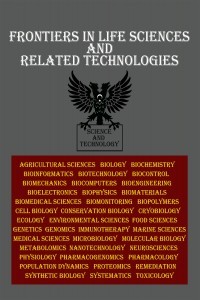
Frontiers in Life Sciences and Related Technologies
Yazarlar: ["Mustafa ŞAHİN", "Zehra KARAGÖZ KÜÇÜK", "Müjgan ELVEREN", "Etem OSMA", "Yunus AKALTUN"]
Konular:-
DOI:10.51753/flsrt.1085027
Anahtar Kelimeler:Barley,Correlated Color Temperature (CCT),Lighting,Light Emitting Diode (LED),Plant lighting,Wheat
Özet: Light Emitting Diode (LED)s are used extensively in almost everywhere in our daily life and they have different color temperatures such as Correlated Color Temperature (CCT) which is represented by ˚K (Kelvin). In this study, wheat (Triticum aestivum L.) and barley (Hordeum vulgare L.) were cultivated in laboratory environment under LED with different CCT values (2000, 3000, and 6000˚K). After cultivation, plant height and weight values, the quantity of chlorophyll and carotene, the amount of leakage of electrolyte and element absorption capacity from the soil, POX (Peroxidase) and SOD (Superoxide Dismutase) enzyme activities of cultivated plants were determined. Results were evaluated on Statistical Package for the Social Sciences Program (SPSS 22) and significant differences were obtained on plants which were grown at different color temperatures of light. It was concluded that measurements from plants which were grown under LED light with cold color temperatures (6000˚K) were more consistent than those of plants grown under other lights with different temperatures. It has been deduced that cold color temperatures are closer to the optimum light values required for a plant to grow faster.